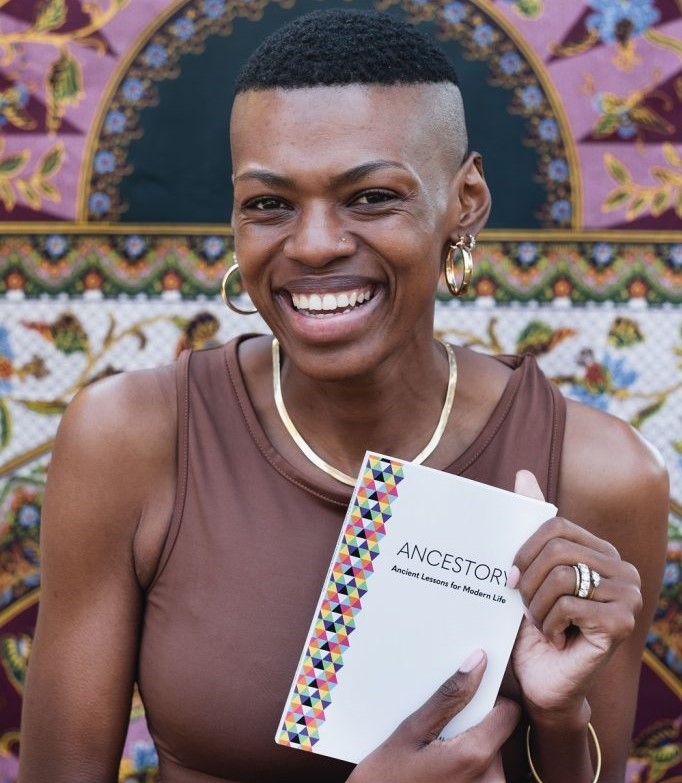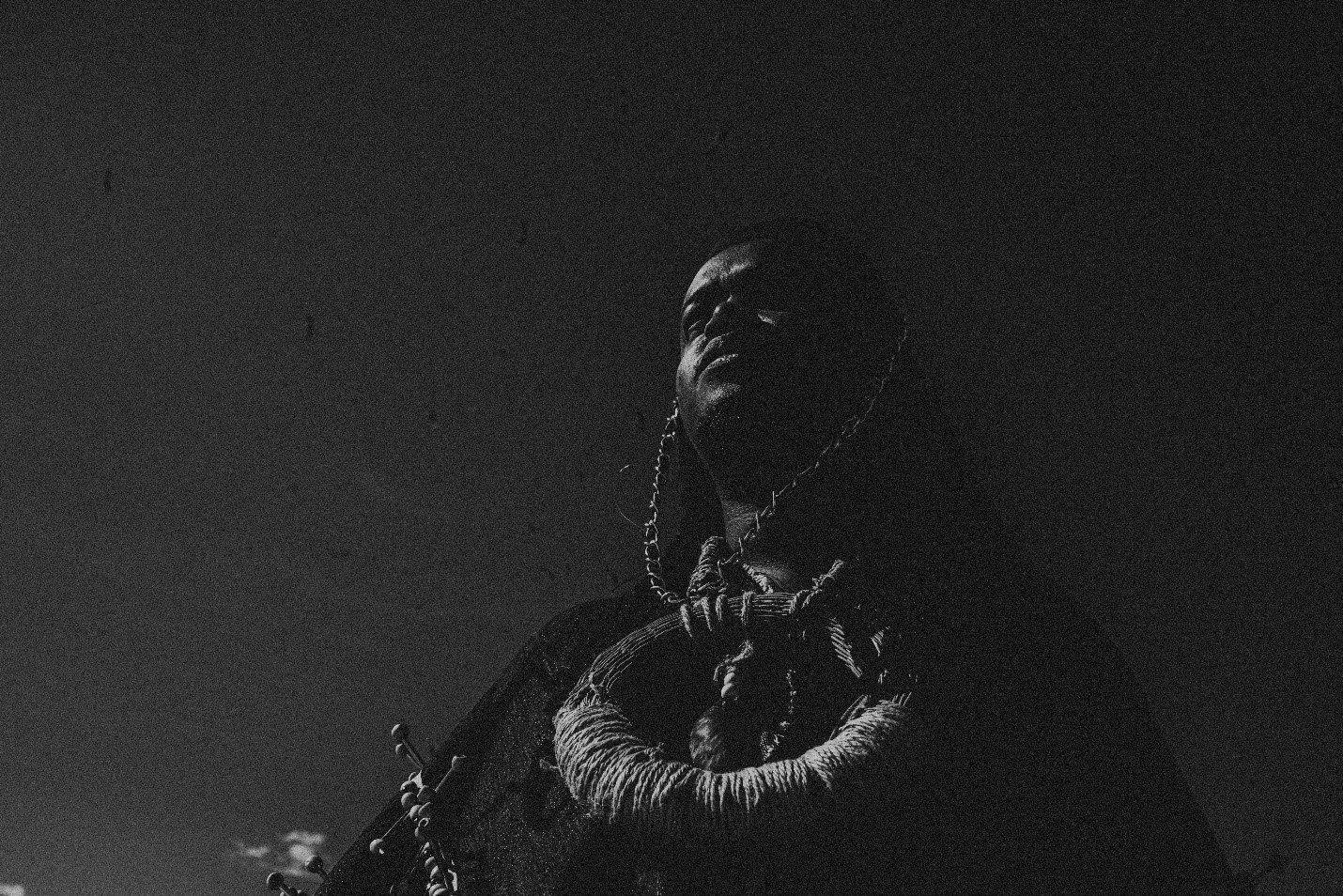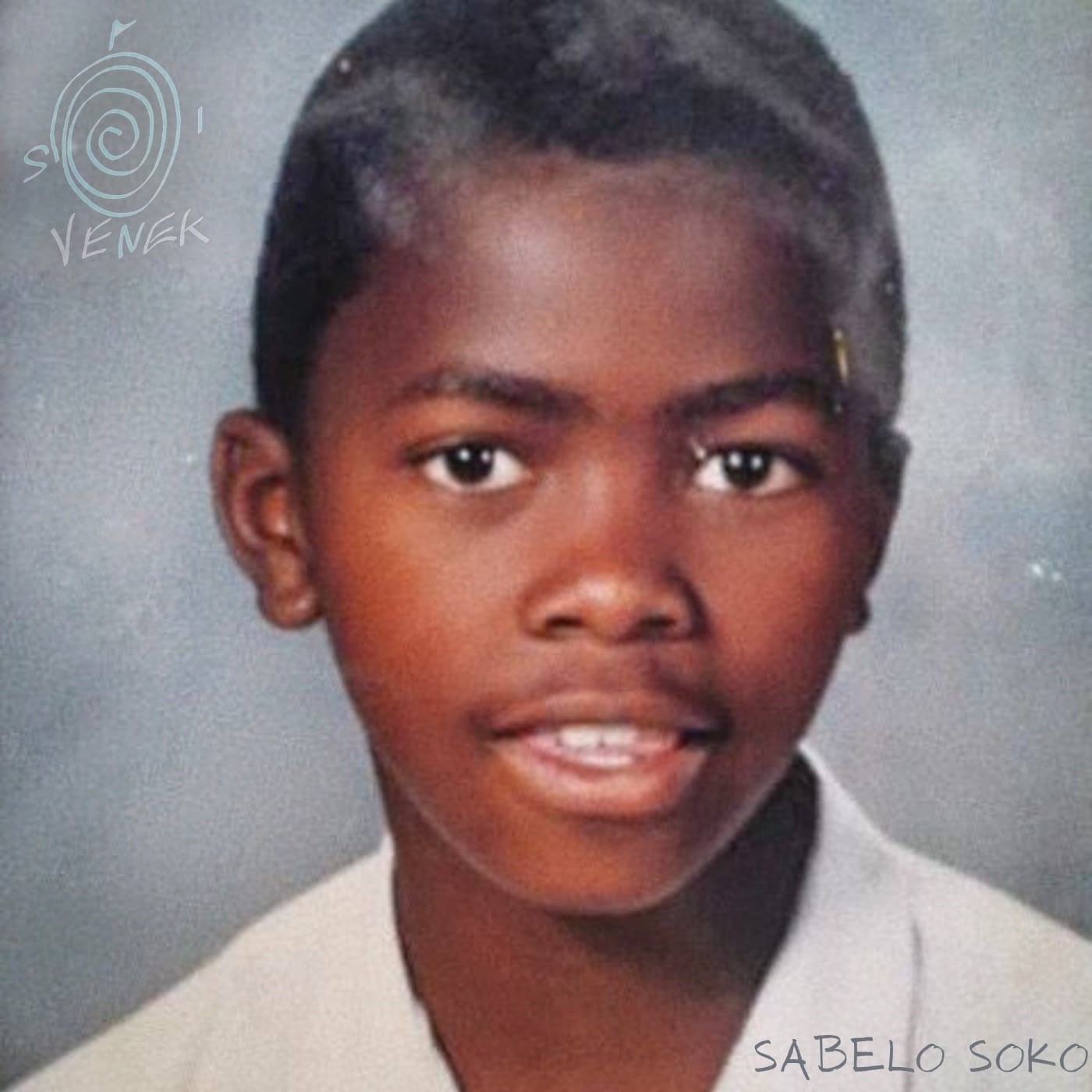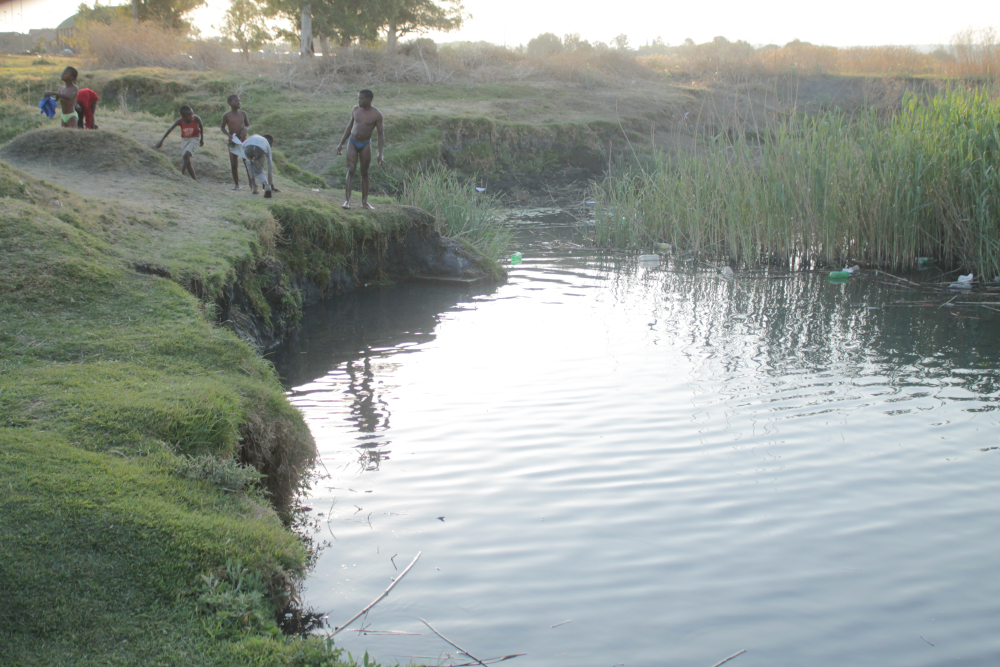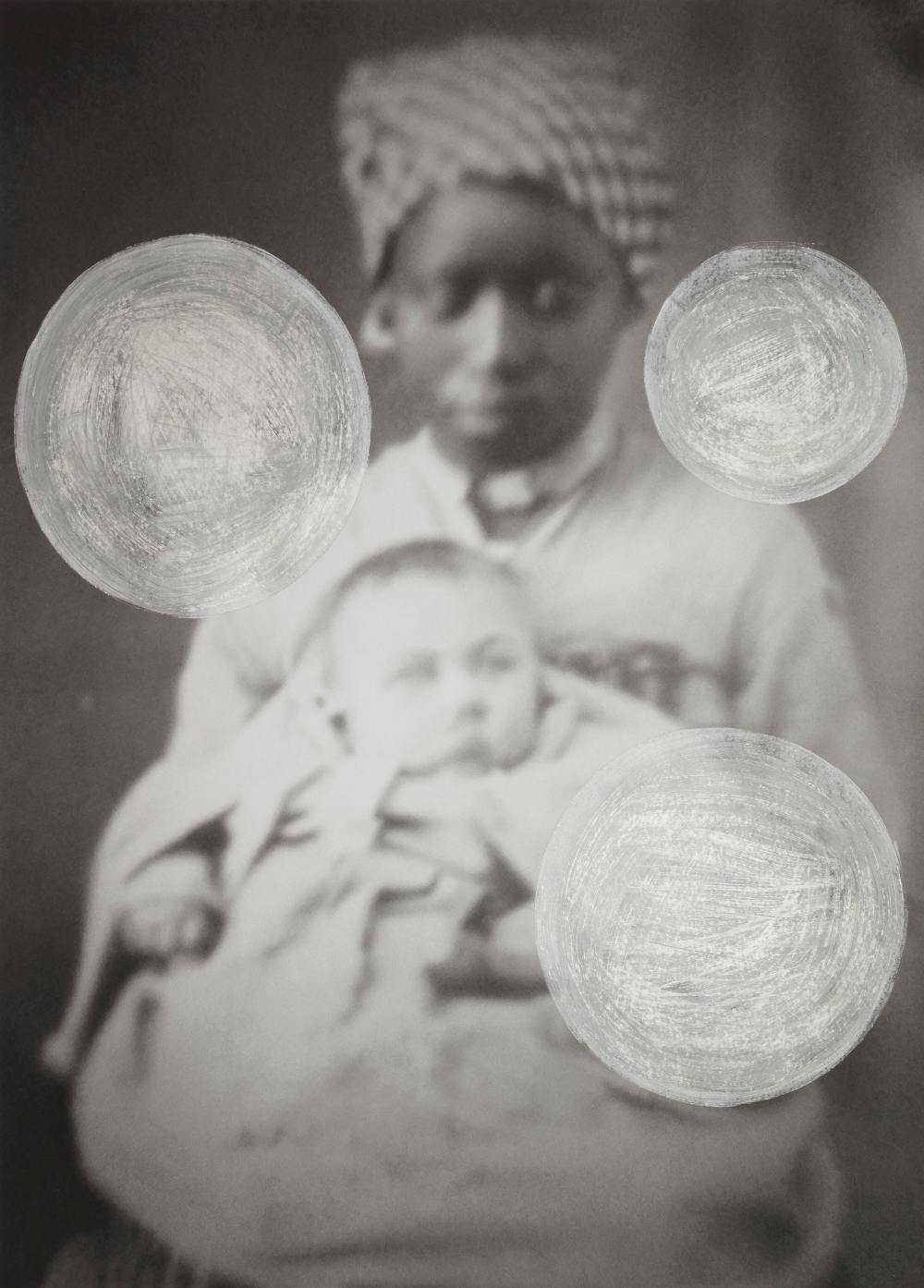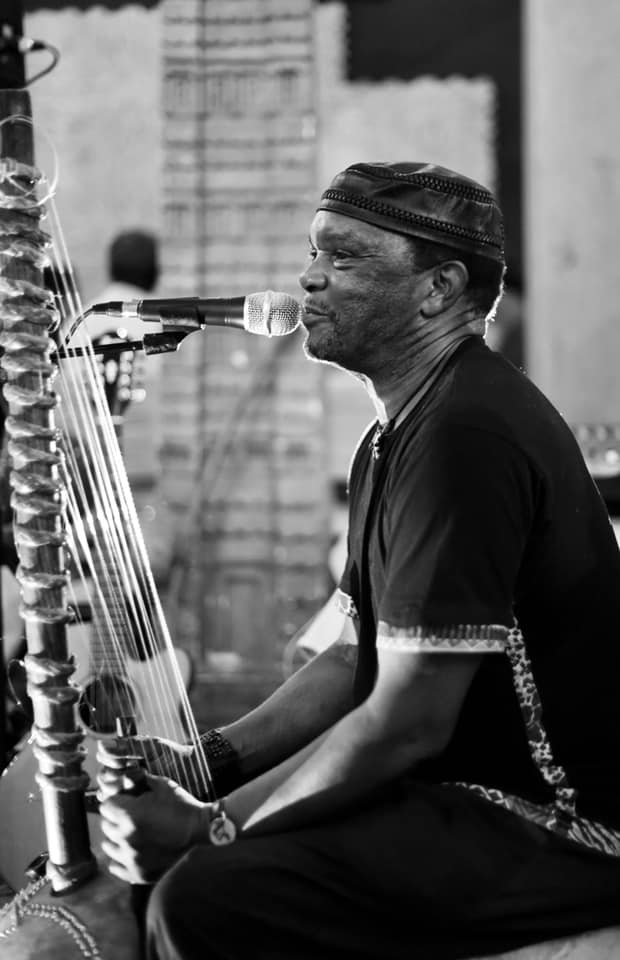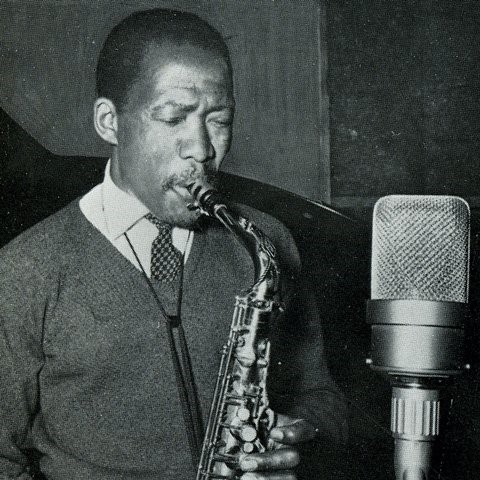We, as humans, interpret the here and now and base our decisions on experiences as well as how the events of the past have been framed. Many parts of our worldview are based on historical events, including what occurred, why it occurred, and who the heroes and villains were. This alone is evidence of the need for South Africans and Africans to claim our respective histories. Reclaiming our stories through storytelling is an act of agency, a refusal to let our identity be shaped by others because the histories of indigenous peoples have always been narrated and influenced by colonizers.
Storytelling is an intrinsic human characteristic. The earliest forms of storytelling, such as cave paintings, gave way to oral traditions in which tales were transmitted verbally from one generation to the next. The history of storytelling through oral tradition varies greatly from one culture to another. These oral histories are passed down through generations through song, chants, and poetry.
Nokulinda Mkhize, a practising sangoma for over 15 years, explores the relevance of key narratives from African cosmologies in her debut book, Ancestory: Ancient Lessons For Modern Life. She utilizes this book to bring back oral traditions that many people of our generation have been cut off from, further illustrating how the knowledge passed on in her book can be implemented in our day-to-day lives, mainly to shape identity and spiritual wisdom.
In the book, Mkhize recounts folktales and writes essays that touch on a variety of topics, including love, community, identity, spirituality, and, of course, adulting, which is our favourite subject and current ache. Part 5 is of great importance to our current lives, and covers wealth and power through stories, lessons and essays. Throughout this section of the book, she describes the brutality of capitalism and how it contributes to moral decline, and depression, among other mental health conditions and societal issues. She makes the comparison that capitalism is like "Amazimuzimu", which are villainous cannibals who shapeshift and entice their victims to trust them before devouring them. This sounds familiar, doesn’t it? This book serves as a blueprint for using historical learnings for today's and tomorrow’s journey.
Mkhize gives us a strategy for the development of a society that prioritizes the values that give life its meaning over monetary gain as the primary goal. She makes us realize that we are the ancestors of the future, and in that sense, we have a responsibility to carry on the knowledge that has been passed down from generations before us. This can now be accomplished through oral tradition or writing, but the point is that we have a responsibility to document ourselves, our stories, and our existence.
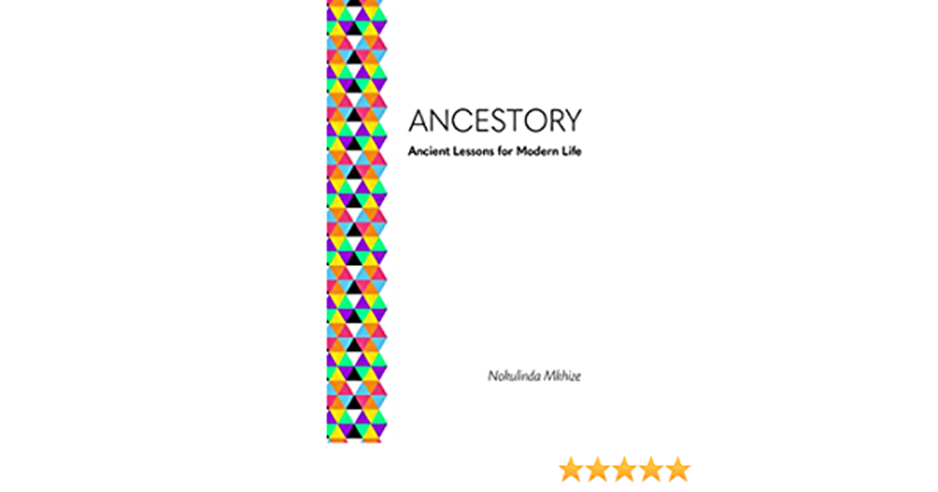
"Ancestory is also a critique and reflection on the challenges of modern existence and gives context to understand, heal and better honour various aspects of daily life, from health and wealth to relationships and spirit," Mkhize says.
"This book covers critical personal and social topics such as family dysfunction and the strain the economy has on our social, family and love lives. "
Nokulinda Mkhize’s book is available for purchase on Amazon and guided Africa for R264.50
Click here for more.

